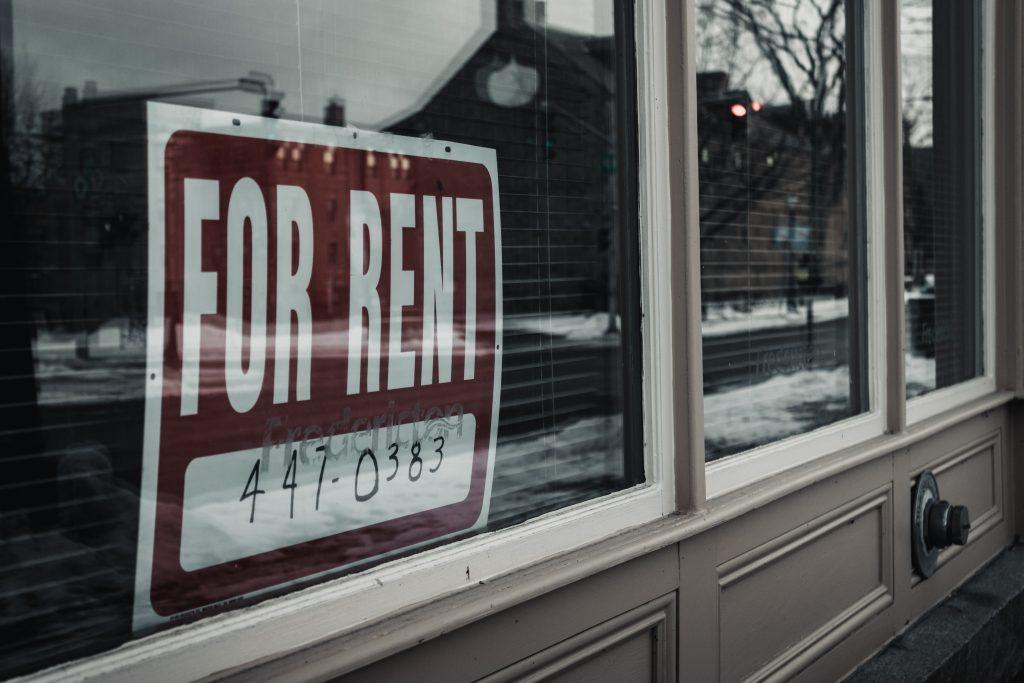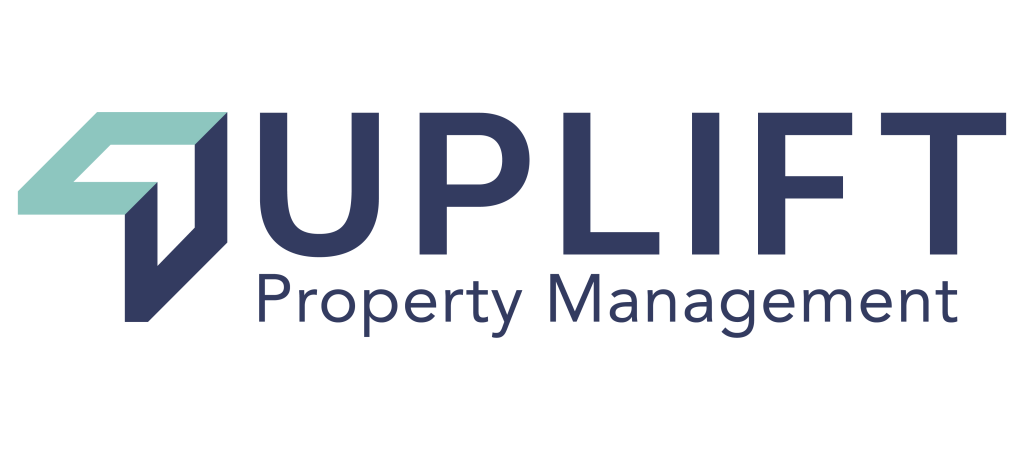Renting your property could provide you with a regular income. However, if you’re not careful, renting can be a lot like taking out a loan.
First, if you have a bad tenant who doesn’t pay the rent on time, you will end up paying for their late payments and unpaid utilities.
Second, if your tenant does not maintain the home properly, then you will have to pay for the damages they cause. If they damage the grass or trees by cutting them down or letting them grow too high, you will also have to pay for those damages.
And third, if your tenant moves out suddenly and doesn’t give notice of their departure before leaving, then it is likely that they will not give you any money back for moving out early.
When renting an apartment, many things can go wrong with the place. If something goes wrong with your apartment, it could make it difficult for you to find another tenant who will pay attention to all of these things to keep things running smoothly in their unit.

Selling your property means you'll receive a lump sum of cash at the outset.
When you sell, you're also free to move on with your life and it is a great way to clear up some space.
What about renting?
Renting is an excellent way to earn extra income while looking for something else. You'll be able to build equity in your house and have some tenants who are paying rent on their own terms.
If you decide to rent out your property, you must choose tenants who are respectful of your home and treat it well. The last thing you want when renting out your home is for someone to cause damage or take advantage of poor maintenance, which could result in legal action from yourself or from the tenant's landlord if they don't pay rent on time.
If you decide to rent out your property, you need to consider how much time you're willing to put into being a landlord.
If you're looking for quick money, renting may not be for you. You'll need to give up much of your free time if you want to manage a rental property.
Many other factors are involved when deciding whether or not to rent or sell your property. If you don't have enough time on your hands and need quick cash, renting might not be the best option for you.
Renting can also be risky because it's hard to predict how long people will stay in a house before moving out or if they'll ever return at all.
If you decide that renting isn't right for you, there are some ways that you can save money while still having access to the equity of your home.

What should I consider before renting?
If you’re considering renting out your property, it’s important to consider the cost and the potential return on investment.
Renting is a good way to make money in your spare time. However, there are some costs involved in being a landlord, including:
- Property maintenance - You will need to do this yourself if you are renting out your property. This includes hiring contractors to run repairs and maintenance on your property and paying for their services.
- Property taxes - You will need to pay property taxes on any rental income earned from the property. These rates can vary depending on where you live and how many people live in the home.
- Insurance - You will also need to purchase insurance for the property, which protects against damage caused by fire or other types of accidental events that could happen during someone else's stay at your house (such as an earthquake).
- Utilities - You may also need to ensure that utilities like electricity and water are paid for by whoever is staying in your home so they don't cause problems for future renters when they leave.
Finding good tenants can be one of the most important things when choosing whether to rent or sell.
Here are some tips to help you find the right ones:
1. Make sure they’re reliable and trustworthy. You don’t want to deal with random people who won’t pay their rent or who don’t take care of your property.
2. Look at their credit scores, criminal records, and previous landlord references. A good credit score indicates that they will pay their rent on time and take care of your property. A criminal record could mean problems in the future, so be careful! And previous landlord references can give you insight into how well they treat others and how serious they are about paying rent on time.
3. Be upfront about everything from pets to noise levels in the house (and even the neighbourhood). You want to ensure both parties understand what’s expected of each other before an agreement is made so no one feels blindsided later down the line!

When choosing whether to sell or rent out your property, it's essential to consider the current valuation price.
If you’re considering selling your property, you’ll need to assess the value of your home using a valuation service. The most common way to do this is by using an online valuation tool or hiring an estate agent.
A valuation is something that can help you determine the likely price at which a house will sell if it were put on the market today. It helps sellers understand where they stand in terms of the market and provides them with an idea of what they could expect if they were to put their house on the market today.
The valuer will go through all aspects of the property and use information from comparable properties in the area to come up with a figure for how much money would be needed for someone else to buy it from them. They will also look at how much money would need to be spent on repairs or improvements before selling would be viable for them.
If you sell your property while the market is low, you may not get a great return on investment.
When you're considering selling your home, it's important to consider the market and ensure that you're making the most of your investment. If you sell your home when the market is low, it can be difficult to get back what you originally paid for it. However, if you wait until the market is higher and then sell your home, you'll likely find that there are more buyers interested in purchasing it—and they'll pay premium prices!
One way to estimate how much money you might get for your property is by looking at recent sales in the area. For example, if there have been several recent sales at prices higher than yours, then this might be a sign that more buyers are willing to pay top dollar for homes right now. And if there haven't been any recent sales at all… well, maybe now isn't exactly the best time to sell!

Our Takeaway
The best way to decide whether you should sell your property or rent it out is to look at all your financial options. This way, you can ensure that your decision aligns with what's best for your personal finances.
First, you'll want to consider how much money you need for the next few years. If you're considering buying property, you should also consider how much money you'll need to pay off the mortgage and other expenses associated with owning a home.
You may also want to consider how much time you have before needing a new place—if this is a long-term plan and there's plenty of time before needing another home, then renting may be more cost-effective than selling now.
If it seems like selling might be better for your needs right now but that renting would be better long-term (or vice versa), then it's worth looking into both options further—you may find that one option makes more sense than the other!
If you're interested in renting your property, we can help you find the best tenant for your needs. Contact us.


